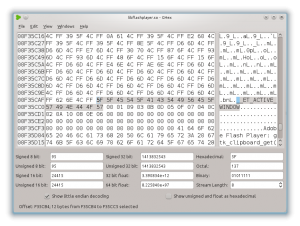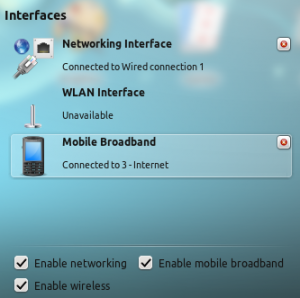Recently I’ve needed to expand my RAID5 array by adding another disk. My experience with mdadm since starting to use it back in 2009 was for RAID1 only so I’ve never really needed to actually expand an array and so I thought I’d document the process here for future reference.
This process should in theory work for RAID4 and RAID6 personailities too, not just RAID5.
My array consists of 4x 3TB WD Red NAS drives in RAID5 for a total of ~9TB of space. I’m not going to cover creating of the array here because its mostly the same as RAID1, this instead will cover how to add a new disk to it and subsequent growing of LVM and ext4 to make use of the extra space. You can see how everything is stacked together in the image below. Read More




